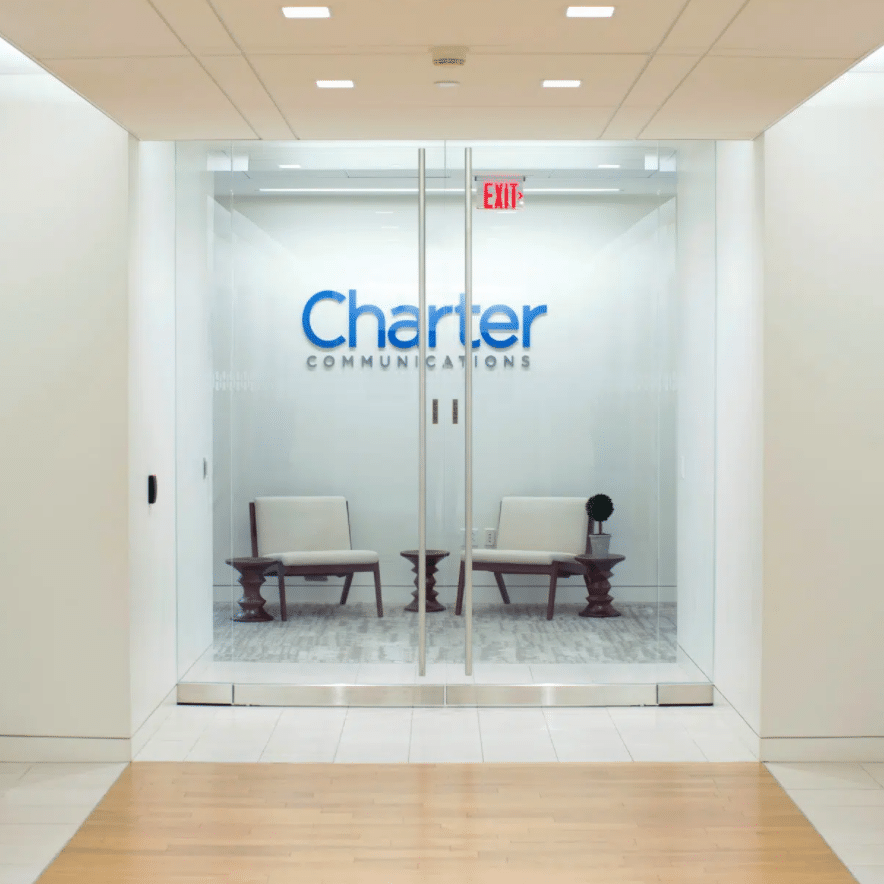Ad claims made by Charter Communications about T-Mobile’s fixed wireless Home Internet service have been referred to the Federal Trade Commission (FTC) and other regulators by BBB National Programs’ National Advertising Division (NAD). The action was taken after Charter declined to participate in the industry’s self-regulation process that NAD conducts.
NAD also said it will advise social media platforms to review the challenged advertising to ensure that it is consistent with their advertising standards.
According to the press release, both challenges were brought by T-Mobile. The ads that have been challenged appeared in a television commercial, on Charter’s Spectrum website, on YouTube, and on social media.
One of the disagreements was brought as a Fast-Track SWIFT challenge, which is an expedited process designed for single-issue advertising cases. T-Mobile alleged that Charter’s claim that its home internet service is “cell phone internet” is false. T-Mobile maintained that T-Mobile Home Internet (T-HINT) is not the same as a phone-based internet service, but rather is a dedicated home internet service.
Charter argued that the challenge should not proceed in Fast-Track SWIFT classification. Instead, the carrier said, it should be consolidated with another pending challenge. However, NAD determined that the challenge could proceed.
In the second challenge, T-Mobile argued that Charter’s “Walls” commercial, which aired during the broadcast of Super Bowl LVIII in February, included an unsupported implied claim that T-HINT is too slow to use due to being “blocked” by a home’s walls. T-Mobile argued that this claim “greatly overstates” the service’s limitations, according to a media release issued today by BBB National Programs.
This is not the first time Charter and T-Mobile have faced off over Charter ad claims. Last November, Charter said it would comply with NAD recommendations about other claims the company made about T-Mobile’s FWA offerings.
In a previous NAD challenge involving T-Mobile Home Internet and Charter, however, NAD ruled in favor of Charter, which filed a complaint with Comcast about the speed claims that T-Mobile made for the offering. T-Mobile said it would comply with NAD recommendations that it discontinue or modify the claims.



